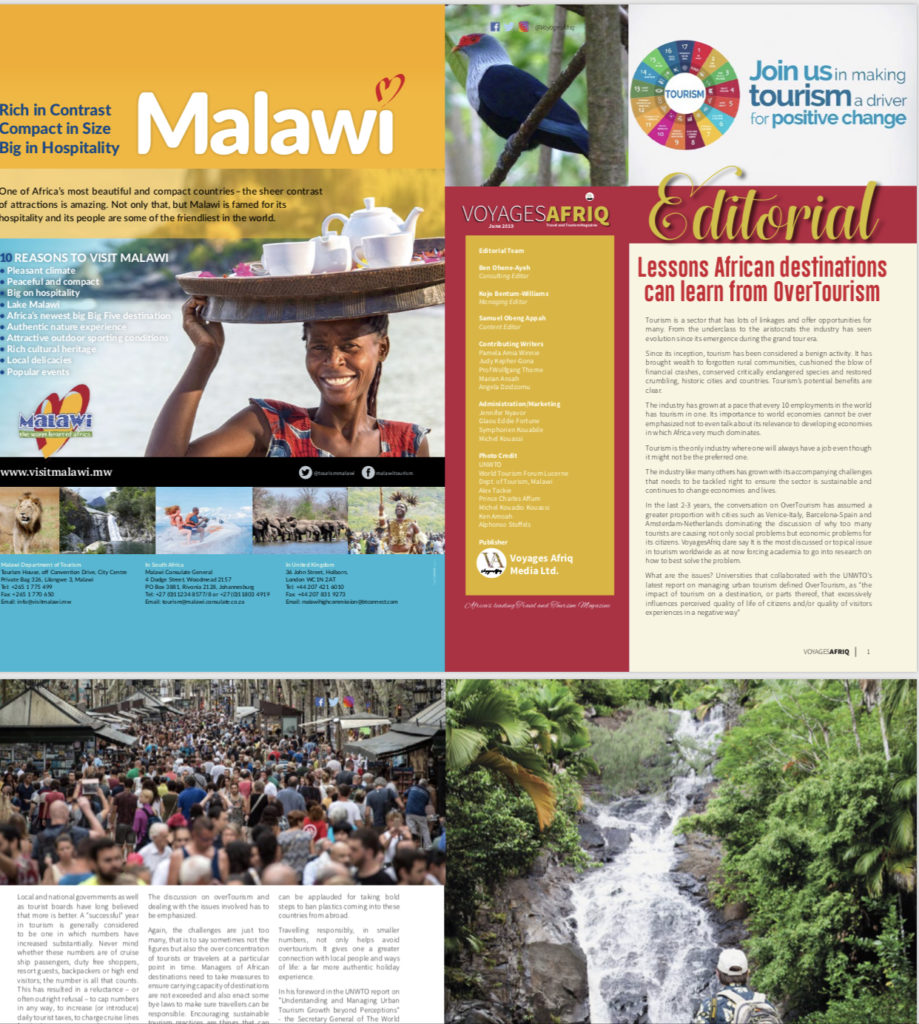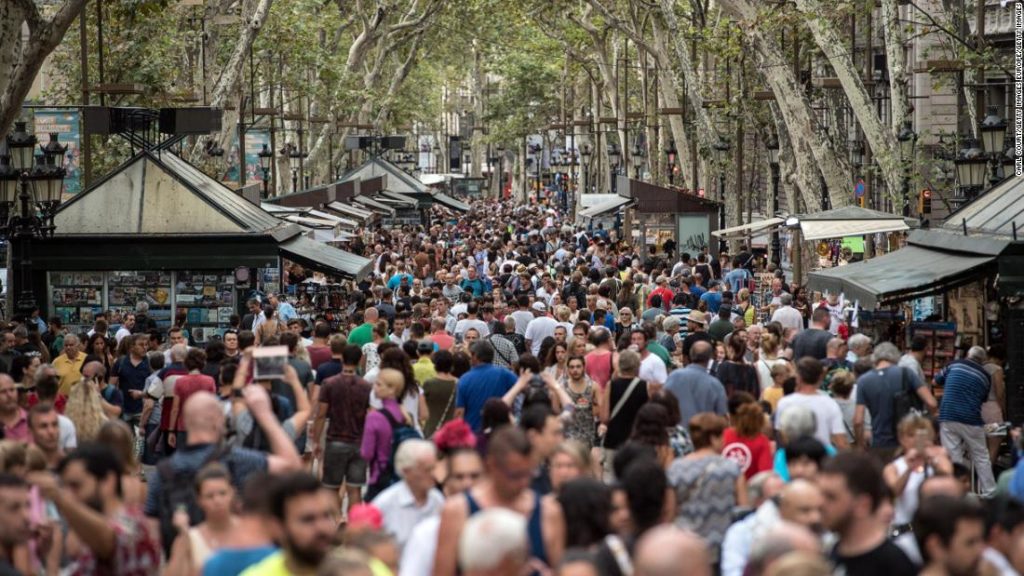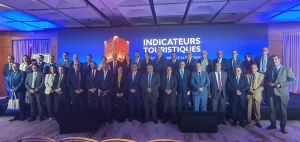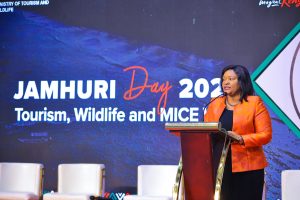Tourism is a sector that has lots of linkages and offer opportunities for many. From the underclass to the aristocrats, the industry has seen evolution since its emergence during the grand tour era.
Since its inception, tourism has been considered a benign activity. It has brought wealth to forgotten rural communities, cushioned the blow of financial crashes, conserved critically endangered species and restored crumbling, historic cities and countries. Tourism’s potential benefits are clear.
The industry has grown at a pace that every 10 employments in the world has tourism in one. Its importance to world economies cannot be over emphasized not to even talk about its relevance to developing economies in which Africa very much dominates.
Tourism is the only industry where one will always have a job even though it might not be the preferred one.
The industry like many others has grown with its accompanying challenges that needs to be tackled right to ensure the sector is sustainable and continues to change economies and lives.
In the last two three years, the conversation on overtourism has assumed a greater proportion with cities such as Venice-Italy, Barcelona-Spain and Amsterdam-Netherlands dominating the discussion of why too many tourists are causing not only social problems but economic problems for its citizens. VoyagesAfriq dare say it is the most discussed or topical issue in tourism worldwide as at now forcing academia to go into research on how to best solve the problem.
What are the issues? Universities that collaborated with the UNWTO’s latest report on managing urban tourism defined overTourism, as “the impact of tourism on a destination, or parts thereof, that excessively influences perceived quality of life of citizens and/or quality of visitors experiences in a negative way”
Local and national governments as well as tourist boards have long believed that more is better. A “successful” year in tourism is generally considered to be one in which numbers have increased substantially. Never mind whether these numbers are of cruise ship passengers, duty free shoppers, resort guests, backpackers or high end visitors; the number is all that counts. This has resulted in a reluctance – or often outright refusal – to cap numbers in any way, to increase (or introduce) daily tourist taxes, to charge cruise lines for docking, or to try and ensure that tourists’ behaviour is beneficial – or at the very least, not damaging – to local lifestyles and landscapes.

As African destinations sometimes, we are tempted to stay aloof of the discussions considering Africa only receives 5% of the world’s tourism figures (65million)tourists and these also are not the very high end travellers.
Again, the challenges are just too many, that is to say sometimes not the figures but also the over concentration of tourists or travelers at a particular point in time. Managers of African destinations need to take measures to ensure carrying capacity of destinations are not exceeded and also enact some bye laws to make sure travellers can be responsible. Encouraging sustainable tourism practice are things that can learn in this new wave of overTourism to save the environment and local cultures.
Governments and local authorities need to look at ways to control tourist numbers – whether by raising prices, issuing permits to certain attractions, banning cruise ships over a certain size, or having greater control over which businesses open and where. Countries such as Tanzania, Kenya and few others can be applauded for taking bold steps to ban plastic coming into countries from abroad.
Travelling responsibly, in smaller numbers, not only helps avoid overtourism. It gives one a greater connection with local people and ways of life: a far more authentic holiday experience.
In his foreword of the UNWTO report on ‘’Understanding and Managing Urban Tourism Growth beyond Perceptions’’ – the Secretary General of The World Tourism Organisation Ambassador Zurab Pololikashvili said ‘’Tourism will only be sustainable if developed and managed considering both visitors and local communities. This can be achieved through community engagements, congestion management, reduction of seasonality, careful planning that respects the limits of capacity and the specificities of each destination, and product diversification.”







